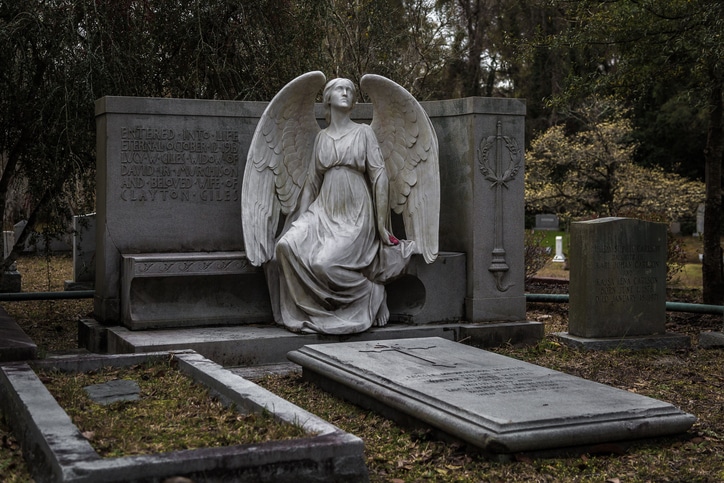
Who Can Serve as a Personal Representative?
The personal representative is usually the executor named in the deceased’s will. If no will exists, the court may appoint an administrator, often a close family member. This individual is granted legal authority to act on behalf of the estate. Their primary responsibility is to protect the interests of surviving heirs while ensuring compliance with North Carolina’s wrongful death statutes.
Filing the Wrongful Death Lawsuit
The most important responsibility of the personal representative is initiating the wrongful death lawsuit. They work with an attorney to file the claim, identify liable parties, and pursue compensation for the estate. This role ensures the case is handled properly and within the applicable statute of limitations.
Families who need guidance can turn to a dedicated wrongful death attorney in Greensboro for legal support throughout this process.
Managing Legal Decisions with the Attorney
While the representative files the lawsuit, they do not act alone. Every decision, from settlement discussions to trial preparation, is made in consultation with the attorney. This collaboration balances legal expertise with the family’s best interests. The representative must be willing to make informed decisions, knowing that the outcome affects all heirs of the estate.
Recoverable Damages and Distribution
If the case results in a settlement or verdict, the personal representative ensures the funds are distributed according to North Carolina law. Compensation may cover medical bills, funeral expenses, loss of income, and emotional suffering of the family. The representative does not decide who receives what; instead, state law dictates distribution to the legal heirs.
Timelines and Case Duration
Wrongful death cases can take months or even years to resolve, depending on the complexity of the claim. The representative must remain patient and organized throughout this period. For more details on what to expect, review our guide on how long it takes to resolve a wrongful death case in North Carolina.
Other Duties of the Personal Representative
- Communicating with the court: Keeping the probate court updated on the progress of the case.
- Managing estate finances: Paying legitimate debts and ensuring the estate remains in good standing during litigation.
- Maintaining transparency: Acting in good faith and providing updates to beneficiaries about the case.
Why This Role Matters
The wrongful death process is more than a legal proceeding. It is a way to hold negligent parties accountable and secure financial stability for surviving loved ones. By appointing a representative, the court ensures that one person is responsible for steering the case forward, reducing disputes among heirs, and keeping the case focused on justice.
Working With an Experienced Attorney
The personal representative’s role is vital, but it is not one they carry alone. A wrongful death attorney provides guidance at every step, from gathering evidence to negotiating with insurance companies. Families should select a firm with experience in North Carolina wrongful death law and a track record of compassion and advocacy. Resources like the Nolo wrongful death guide can also provide background knowledge on this process.
Conclusion
If your family is facing the loss of a loved one due to negligence, understanding the role of the personal representative is the first step toward justice. At Roane Law, we help families through every stage of the wrongful death process, ensuring the representative has the support needed to protect the estate and honor the memory of the deceased. Contact us today to discuss your case and learn how we can help your family move forward.
